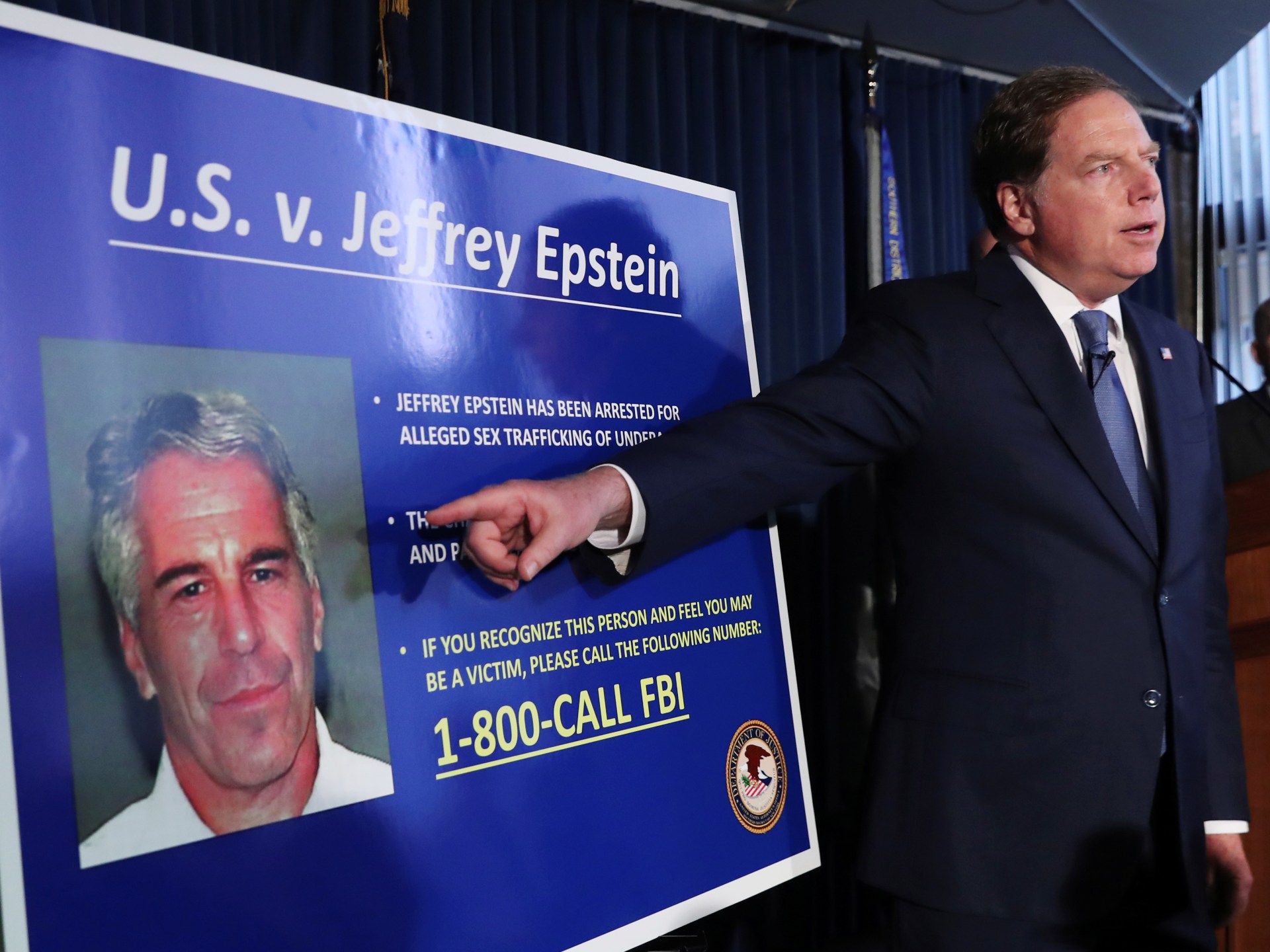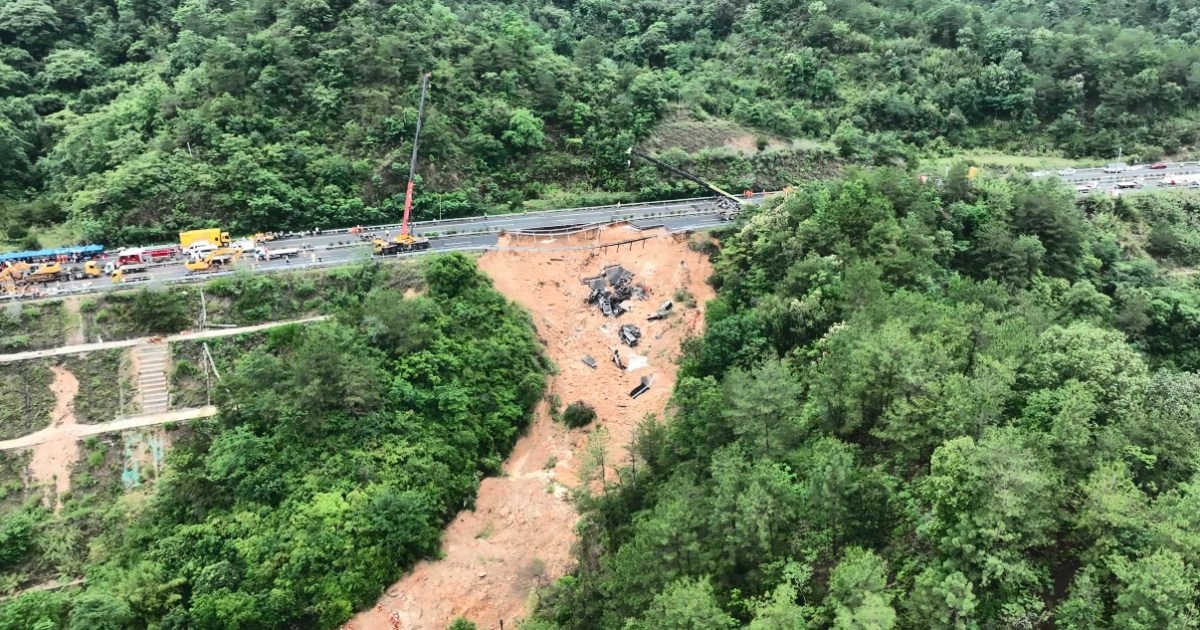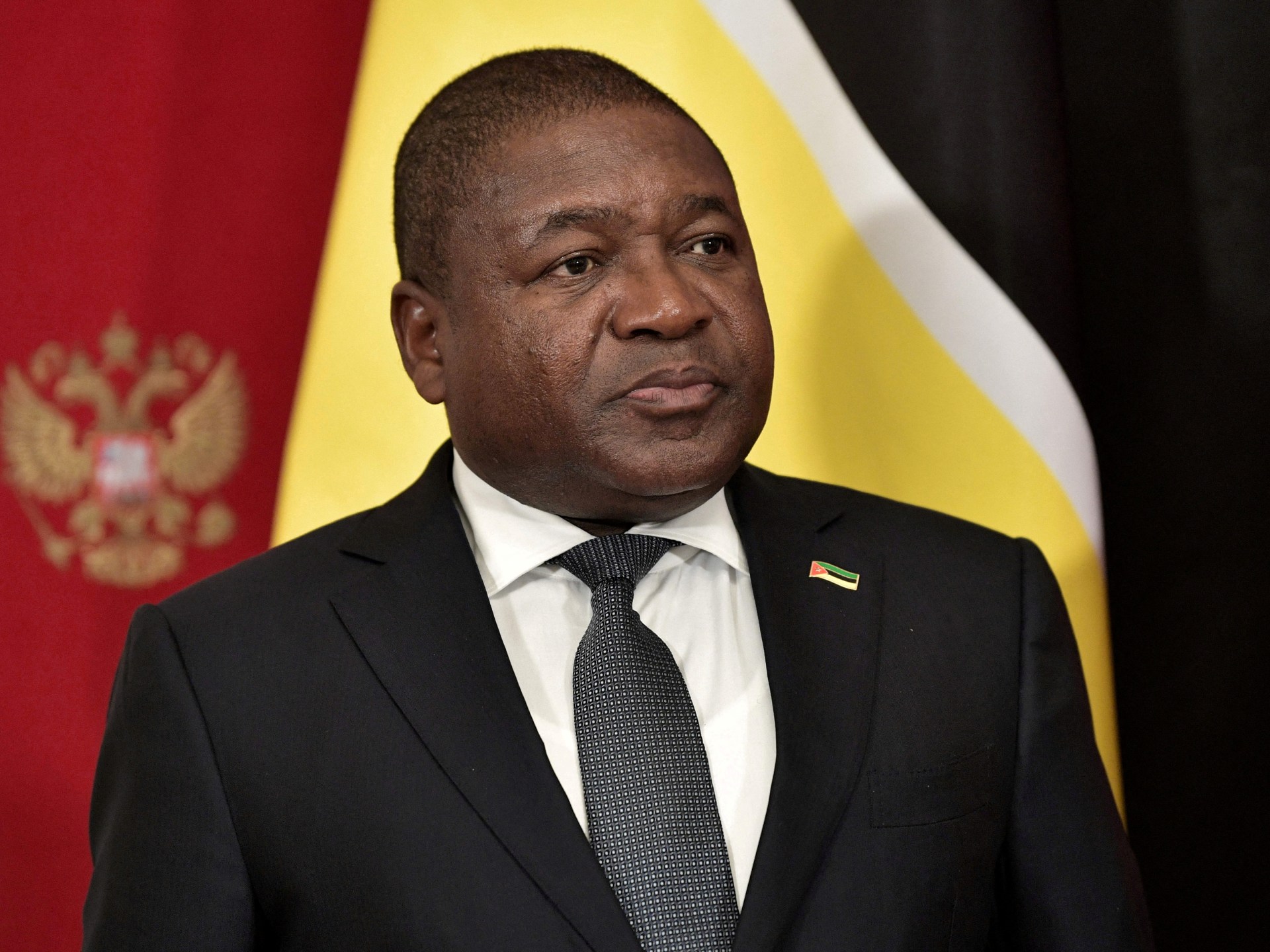Javier Milei leads Argentina president race
Congressman Javier Milei, a libertarian economist who turned 53 on Sunday, stunned Argentina’s political establishment in August with a surprise primary win. Running on promises to destroy the country’s political “caste” — the local version of Trump’s “drain the swamp” — he has proposed shutting down the central bank, dollarizing the economy and taking a “chain saw” to government spending. He pledges to cut the number of government ministries from 18 to eight and let radically free markets rule.
With viral TikTok videos and rock concert-style arena rallies, he has galvanized a generation of young people who are struggling to enter the workforce. They have the same concerns that led Argentines in 2019 to hand the reins to the Peronista ticket of Alberto Fernández and Cristina Fernández de Kirchner, but the economy has only worsened under their stewardship. Now voters say they are eager to head down a drastically different path.
“Sometimes the person who seems the craziest is the sanest,” said Cristina Gómez, a 45-year-old housekeeper who voted for Milei in Buenos Aires on Sunday. “If you were to ask any Argentine, we all feel that same craziness and that same anger.”
“And if it goes badly,” she added of Milei, “it wouldn’t be the first time.”
Polls before the election showed Milei leading the field of five candidates. His top competitors included Sergio Massa, an economy minister for the leftist government who has portrayed himself as a moderate voice within Peronismo, and Patricia Bullrich, a center-right former security minister who has gained popularity with a tough-on-crime message.
Fernández, the president, and Kirchner, a former president now serving as vice president, did not run for reelection.
To win Sunday, a candidate needed to receive 45 percent of the vote, or 40 percent with a 10-point lead over the runner-up. If no candidate met that threshold, which was considered the most likely scenario, the top two finishers would face off in a runoff election in four weeks.
If Milei wins, political scientist Juan Germano said, “Argentina, in political terms, enters an unknown territory.” In 40 years of uninterrupted democracy, he said, the country has never had a president who was “so clearly an outsider.”
Milei built his following by insulting opponents on television. Elected to the federal Chamber of Deputies from Buenos Aires in 2021, he distinguished himself from fellow lawmakers by raffling off his congressional salary each month.
His anti-establishment vitriol has earned him comparisons to Trump and former Brazilian president Jair Bolsonaro. He has described Pope Francis, the Argentine former archbishop of Buenos Aires, as “evil.” The leftist leaders of neighboring governments are “communists,” China is an “assassin,” climate change is a “socialist lie.” He has proposed creating a market for the sale of organs.
But unlike Trump, who had the backing of the Republican Party, or Bolsonaro, who rose through the military, Milei has very little political structure around him. He would be the first president not to have party allies among Argentina’s 23 provincial governors, and he would have little support in the legislature — significant obstacles to governing.
“The next government’s mandate will be to radically bring down inflation,” Germano said. “There’s no other demand.”
The question was whether voters would take a gamble on the Milei experiment, one that is already upending the country.
Milei’s calls for dollarization and attacks on the peso — he has dismissed Argentina’s currency as “excrement” — have sent shock waves through the economy. Days after his primary win, the peso collapsed and inflation leaped. Argentines rushed to fill gas tanks and hoard nonperishable food before prices rose. Looters ransacked supermarkets.
In a country where 40 percent of people live in poverty, prices have been changing every week. Argentines now stuff their pockets with wads of cash to pay for groceries.
A Milei-style assault on government spending would be a dramatic shift in a country where public services are highly subsidized. To demonstrate the impact of such a cut, the Fernández government in recent days offered Argentines the option of declining subsidies for public transport — and paying fares 10 times higher.
“People aren’t even afraid of that anymore,” political analyst Mariel Fornoni said. “You tell people they’re jumping into the void and they say ‘I’m already in the void.’”
In the widely traded unofficial market in Argentina, which drives consumer prices, the cost of $1 surpassed 1,000 Argentine pesos last week for the first time. Before the primaries, $1 cost about 600 pesos. Before the pandemic, it cost 80 pesos.
Brian Ramos, a 28-year-old plumber and gas technician, needed recently to buy a new drill for work. The cost was 85,000 pesos. But his car broke down, he said, and he was forced to wait. When he made it to the store two weeks later, he said, the price had risen to 130,000 pesos.
“Our salaries are no longer enough. Everything is so expensive,” Ramos said outside a voting center in Buenos Aires on Sunday. He agreed with Milei’s proposals to get rid of the peso altogether. He’d rather take a risk on an outsider, he said, “than go back to more of the same.”
In the tony Recoleta neighborhood of Buenos Aires, lawyer Adrian Zylberberg called dollarization an “invention” that wouldn’t work here.
“Losing our national currency would mean losing our sovereignty,” said his wife, Mercedes Gadea. Both said they voted for Massa.
“Argentina has a lot of experience with inflation,” Zylberberg said. “We’ve always come out of it. A little better, a little worse, but we’ve always come out of it. I don’t know why we wouldn’t come out of it this time.”
Heading into the vote Sunday, Paolo Alessandroni, a 42-year-old waitperson, was still undecided. But the rise of Milei worried him. Seeing the passion and anger Milei stokes among his followers, he was reminded of the crowds he saw at the U.S. Capitol on Jan. 6, 2021, and federal buildings in Brasília on Jan. 8 this year.
“History repeats itself,” Alessandroni said. “It started with Trump, it continued in Brazil, and I don’t think Argentina can escape it.”
David Feliba contributed to this report.
Check out our Latest News and Follow us at Facebook
Original Source







